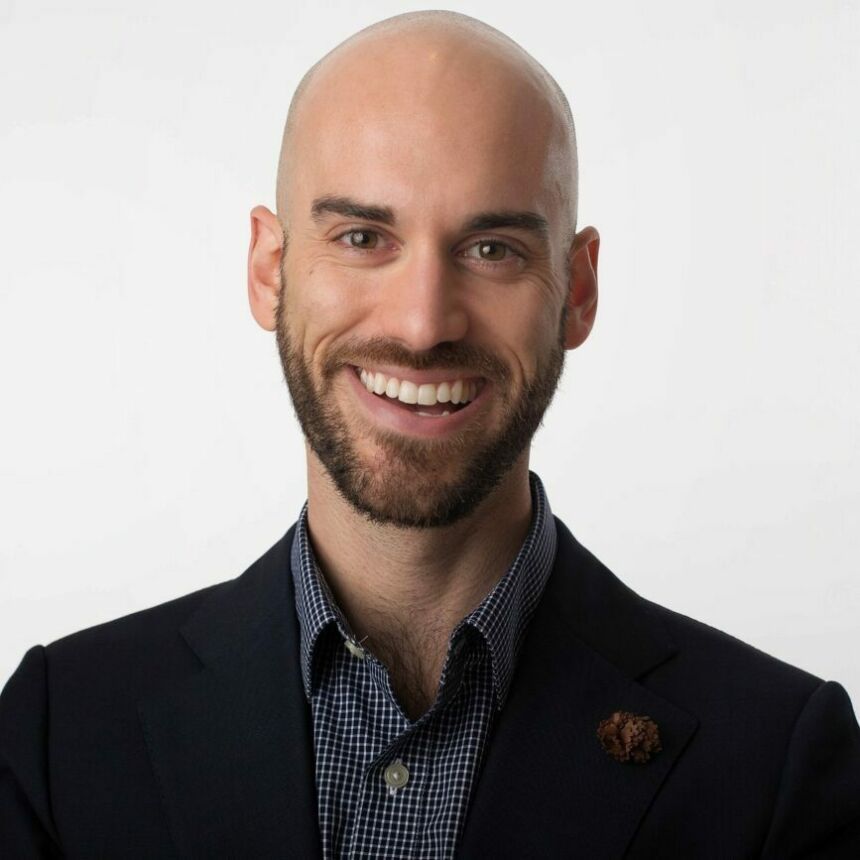November 28, 2023
Theatre professor wins national research fellowship

Samuel Yates, assistant professor of theatre, has been awarded the American Society for Theatre Research's (ASTR) annual Research Fellowship to begin developing a new project, "'Mend your speech': Elizabeth Inchbald, Communication Disorder and the Remaking of Theatre History." He is this year's sole recipient of the fellowship, which will support a three-week residency at the Newberry Library in Chicago during the 2024-25 academic year.
Yates is a deaf artist and researcher whose work focuses on the aesthetics of disability and performance. His fellowship project revisits Susan Bennett's landmark field essay “The Making of Theatre History” (2010) to challenge missing and distorted information about 18th-century actor, editor and playwright Elizabeth Inchbald in theatre history anthologies and textbooks. While Bennett uses Inchbald to recenter women's labor in the narrative of theatre historiography's field formation, Yates claims this reconstruction overlooks the extensive acknowledgment of Inchbald's speech dysfluency in contemporary writing and biographical work. "ASTR has long been my academic home, so to have this vote of confidence and financial support from my peers on the Awards Committee means a great deal,” says Yates. “The fellowship will provide seed-funding to begin research on my second book, which explores how disability and race shape creative, embodied linguistic practices in performance.”
Yates' project charts the path from Inchbald's first major theatrical role (Cordelia in Shakespeare's King Lear who must “mend [her] speech]”) to her success as a playwright and editor of play anthologies, investigating how she used drama and speech acts as tools to negotiate her speech disorder. By clarifying ways that Inchbald used her experience with dysfluency as a communication tool, Yates reveals how disability embodiment impacted the emergence of the dramatic literature canon in the Georgian Era.
“My investigation of Inchbald began when I started teaching Bennett's essay to my undergraduate theatre history students. I was surprised to discover a wealth of unacknowledged material around Inchbald's disability, and this changed how I approached my teaching,” says Yates. “It forces us to reappraise the absence of disability as a meaningful identity category in theatre historiography. To work equitably as theatre artists and scholars, we must challenge assumptions within academic training grounds about dis/ability and a performer's body and labor.”